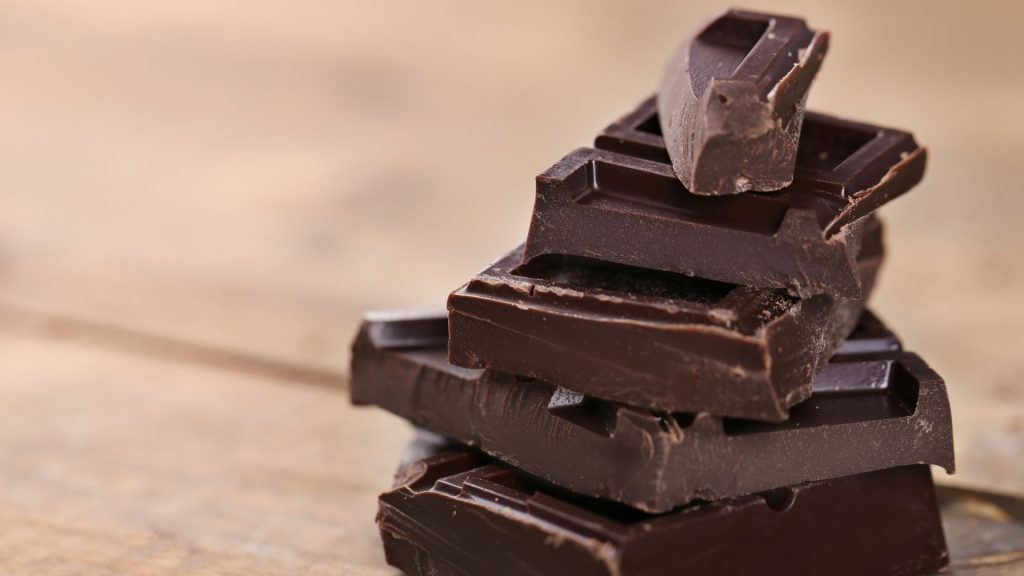It’s World Chocolate Day on 7 July, and guess what? There might be more reasons to celebrate than you think!
I’m James Barrett, and today we’re diving into a delicious query…
Could chocolate actually help prevent hearing loss and tinnitus? I’m curious to hear about your chocolate indulgences….

Have you noticed a change in your hearing or tinnitus symptoms after a cocoa-rich treat?
Share your thoughts and experiences by replying to me.
Chocolate: A Sweet Solution to Hearing Problems?
It’s no secret that we all love a bit of chocolate now and then. But beyond its undeniable appeal to our taste buds, recent discussions in the scientific community suggest that chocolate might have benefits that extend to our ear health.
Here’s a breakdown of the findings from a study in Korea involving over 3,500 participants between 40 and 64 years old:
- Regular chocolate consumption was associated with a significantly lower risk of hearing loss.
- There was no link between chocolate intake and tinnitus or tinnitus-related annoyance. Because many people with hearing loss also have tinnitus, the team hypothesized that chocolate consumption might also help prevent tinnitus.
Experts believe the benefit for hearing loss might come from the antioxidant and anti-inflammatory properties of cocoa, the main ingredient in chocolate.
These properties may help protect the cochlea, the part of the inner ear responsible for hearing, from damage caused by oxidative stress.
The Heart of the Matter: Blood Flow and Ear Health
The connection between chocolate and hearing health might come down to blood flow.
Dark chocolate, rich in flavonoids—compounds known for their antioxidant and anti-inflammatory properties—can boost cardiovascular health.
This improvement in blood circulation might just extend to the ears, aiding the delicate inner workings that keep our hearing sharp.
Magnesium Magic
Another component of chocolate that’s earning attention is magnesium.
Studies suggest that magnesium can help protect against noise-induced hearing loss by shielding the inner ear’s hair cells—the tiny sensors that transmit sound to the brain.
This protective effect could be a game-changer for those exposed to frequent loud noises.
Caffeine: A Double-Edged Sword
While chocolate contains caffeine, the amount is relatively minor compared to what’s found in coffee.

However, studies on caffeine’s impact on tinnitus have shown mixed results—some report exacerbation, while others see no effect.
It’s a reminder that our bodies may react differently to the same substances.
The potential benefits of chocolate come primarily from dark chocolate, known for its high concentrations of beneficial compounds and lower sugar levels than milk chocolate.
Considerations
Before you stock up on bars, it’s crucial to note…
The key is moderate consumption, as excessive intake of the sugars and fats in chocolate can lead to other health issues, which might indirectly affect hearing health.
The potential benefits are more likely in dark chocolate due to its higher concentrations of flavonoids and magnesium and lower sugar content than milk chocolate.
While enjoying dark chocolate in moderation might contribute to overall cardiovascular health, indirectly beneficial to your ears, it should not be viewed as a preventative or therapeutic measure for hearing loss or tinnitus.
Maintaining a balanced diet, protecting ears from loud noises, and regular medical check-ups are more effective strategies for these conditions.




